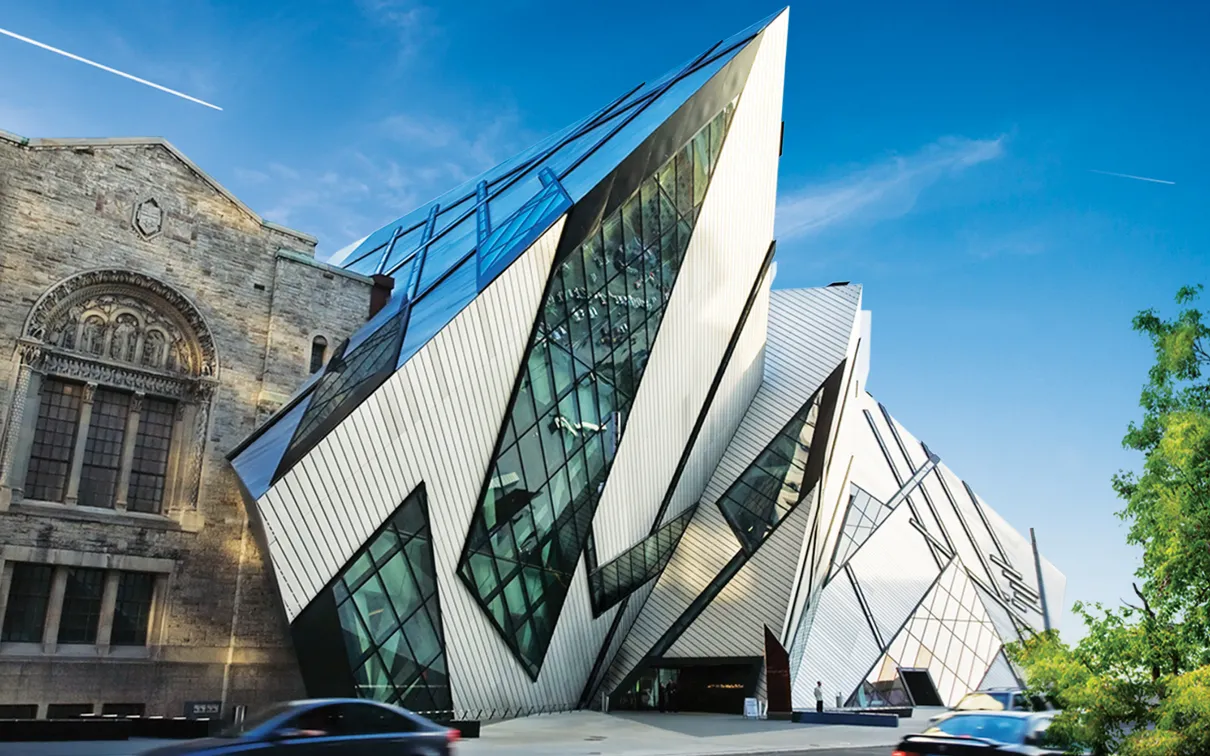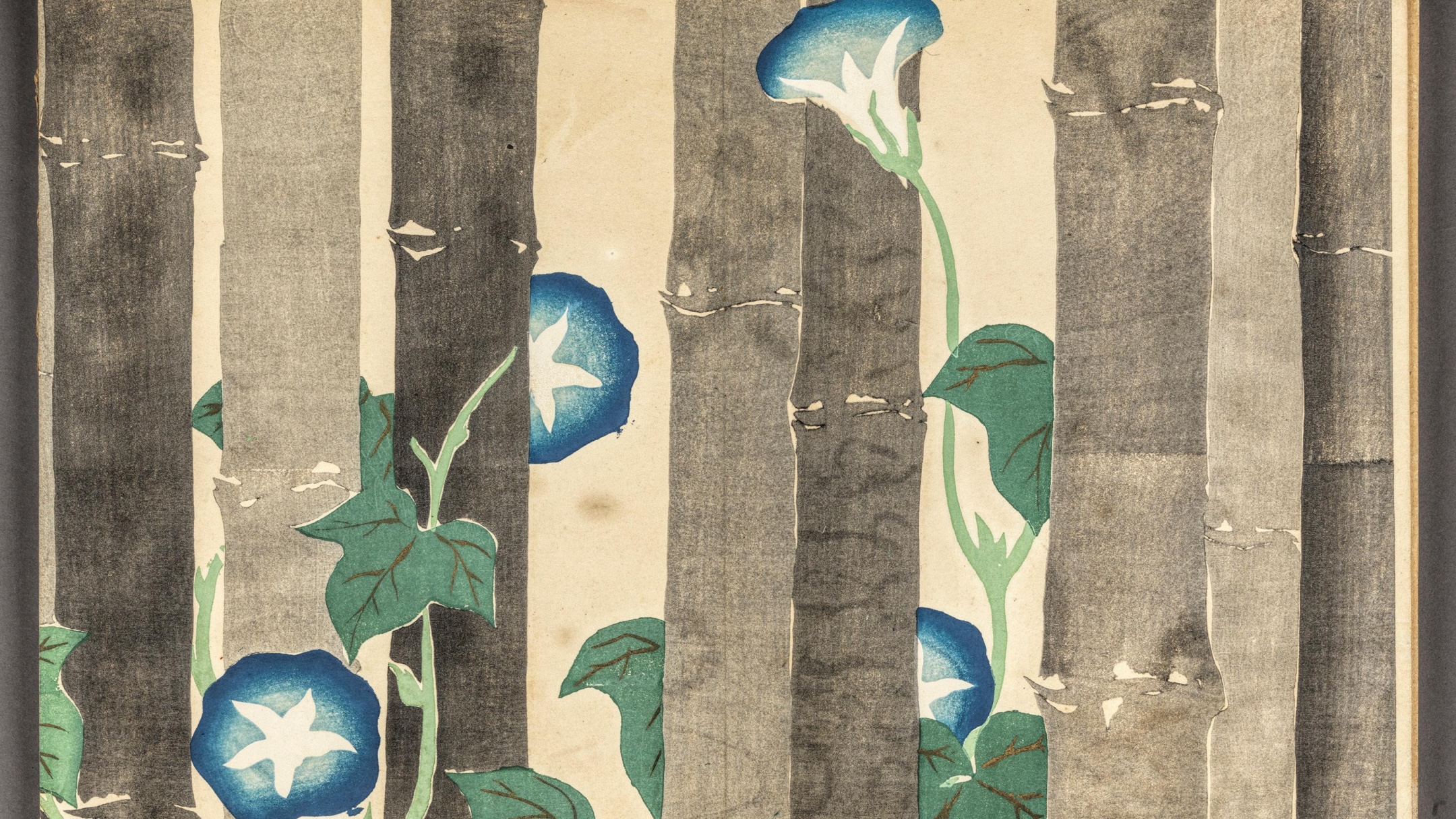Collaborative Project Replicates 565-Million-Year-Old Fossil Surface
Published
Category
Press Release
The Provincial Government of Newfoundland and Labrador and the Royal Ontario Museum (ROM), in association with Research Casting International, are pleased to announce the completion of the first phase of a joint venture to produce an exact replica of world-famous fossils at the Mistaken Point Ecological Reserve, N.L. A 750 square foot (70 m2) detailed mold covering of one of the most spectacular fossil surfaces in the world has been successfully created. Other partners in this project include the Johnson GeoCentre, Queen’s University and the University of Oxford.
“Creating a replica of this irreplaceable and internationally important surface will serve as a permanent record of world heritage and support ongoing scientific research and education,” said the Honourable Charlene Johnson, Minister of Environment and Conservation. “This is an essential step in protection of the Mistaken Point fossil record and a key addition to our future bid to achieve World Heritage Site status for the reserve.”
Mistaken Point is home to the world’s oldest, largest and best preserved examples of Ediacaran life forms, representing the earliest known complex multicellular organisms in the fossil record. The silicone cast of these fossils will be important for studying early animal evolution and to complement the ROM’s current Mistaken Point collections.
In the next phase of the project, Research Casting International will produce full-size casts that precisely replicate the surface. These will be the largest reproductions of abundant Ediacaran fossils anywhere in the world. The casts are intended for scientific and educational use, for display at the Portugal Cove South visitor centre near Mistaken Point, as well as the future Peter F. Bronfman Gallery of Early Life at the ROM.
“When I first visited the site, I could not believe my eyes,” said Dr. Jean-Bernard Caron, Associate Curator of Invertebrate Palaeontology at the ROM. “I was gazing on thousands of exquisite three-dimensionally preserved fossils of large multicellular organisms, dating from about 350 million years before the first dinosaurs roamed our planet. Reproducing a large area of this amazing surface will uniquely convey the spectacular concentrations of the fossils, and show the arrangement of these ancient communities on the seafloor just before they were buried by volcanic ash 565 million years ago.”
Mistaken Point Ecological Reserve was added to Canada’s official tentative list of potential UNESCO World Heritage Sites in 2004. The fossil surface has been, and continues to be, affected by various issues such as erosion and weathering that, over time, contribute to its gradual deterioration. The fossil beds in the reserve are also vulnerable to human foot traffic. Because of the steady increase in visitation to the site, access to the fossils is now by guided tour or special permit only.
“This project to produce a replica of the fossils at Mistaken Point offers unique and important economic opportunities for the Portugal Cove South and Southern Avalon regions,” said Keith Hutchings, MHA for the District of Ferryland. “Having access to a reproduction of the fossil surface will be an exciting tourism draw for the region, and we anticipate a number of economic opportunities as a result of this project.”
The reserve will also be visited by a film crew who will cover the casting project for the Discovery Channel’s Daily Planet show. As well, Atlantic Productions from the United Kingdom are filming part of the casting activities for an upcoming documentary entitled First Life.
Mistaken Point Ecological Reserve is located along the southeast coast of the Avalon Peninsula between Cape Race and Portugal Cove South. It was established to protect a diverse fossil record of the first large, complex multi-cellular organisms, which include the oldest (579 million years) and largest Ediacaran fossils known in the world. The reserve’s fossil-bearing surfaces furnish a unique natural laboratory for the study of early, deep sea communities.
For more information about the fossils at Mistaken Point and for details on the casting project and guided tour schedule, please call the interpretation centre at 709-438-1100, the Parks and Natural Areas Division at 709-635-4520, or e-mail parksinfo@gov.nl.ca.
Media contacts:
Melony O’Neill
Director of Communications
Department of Environment and Conservation
709-729-2575, 689-0928
moneill@gov.nl.ca
Lauren Schneider
Publicist
Royal Ontario Museum
416-586-5547
laurens@rom.on.ca
Keith Hutchings, MHA
District of Ferryland
709-729-1390


